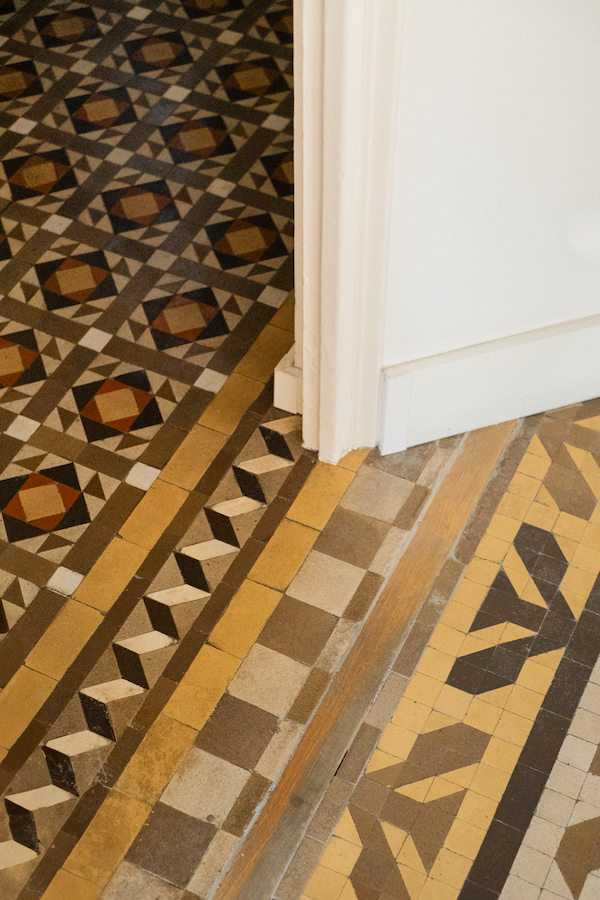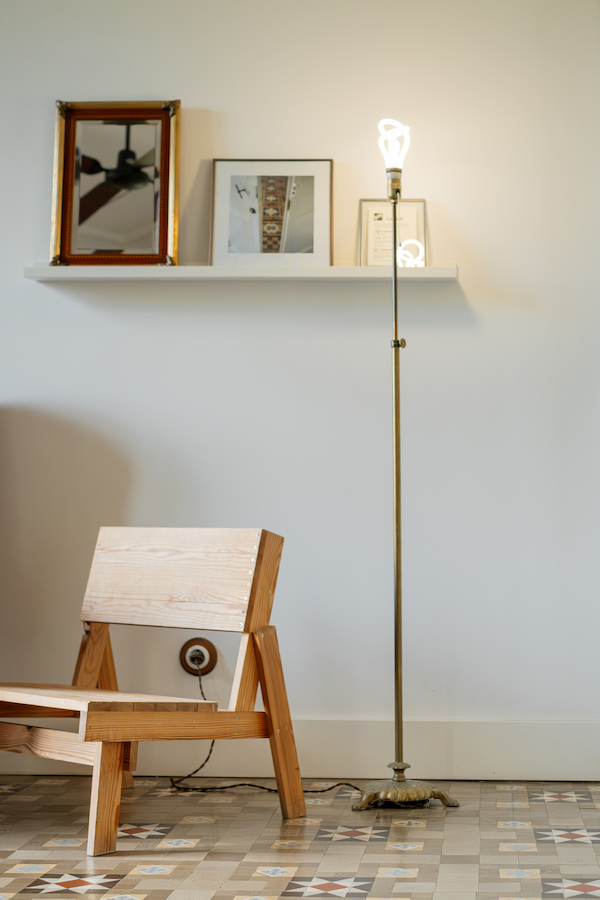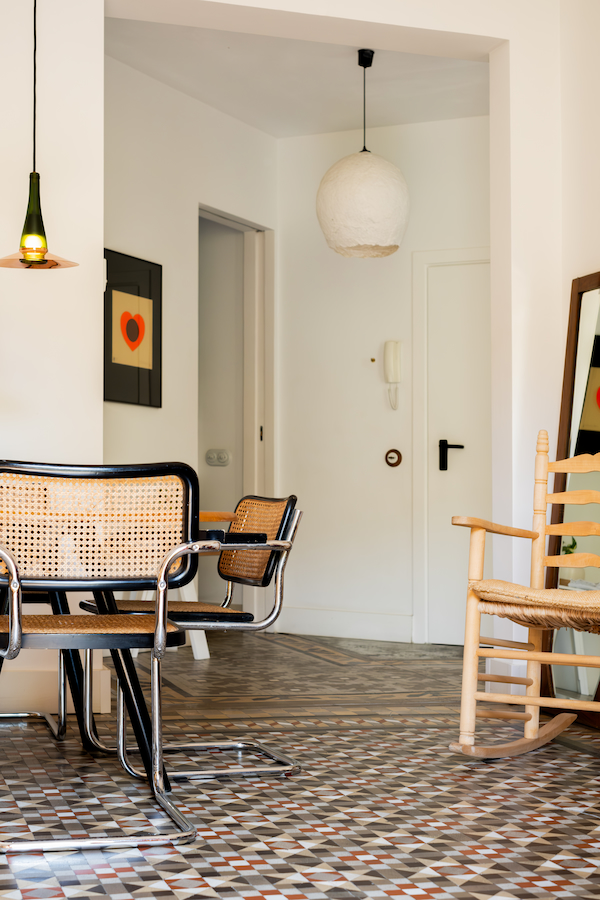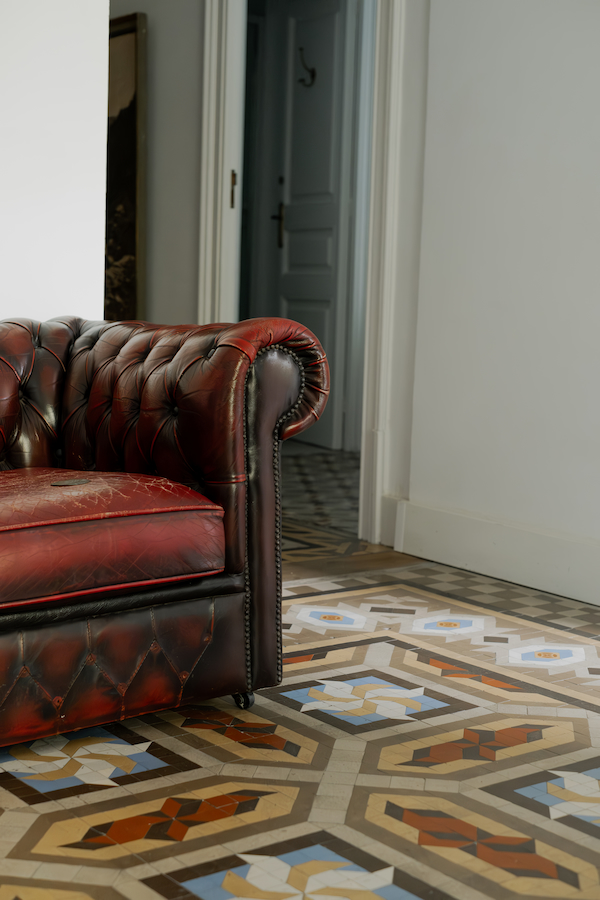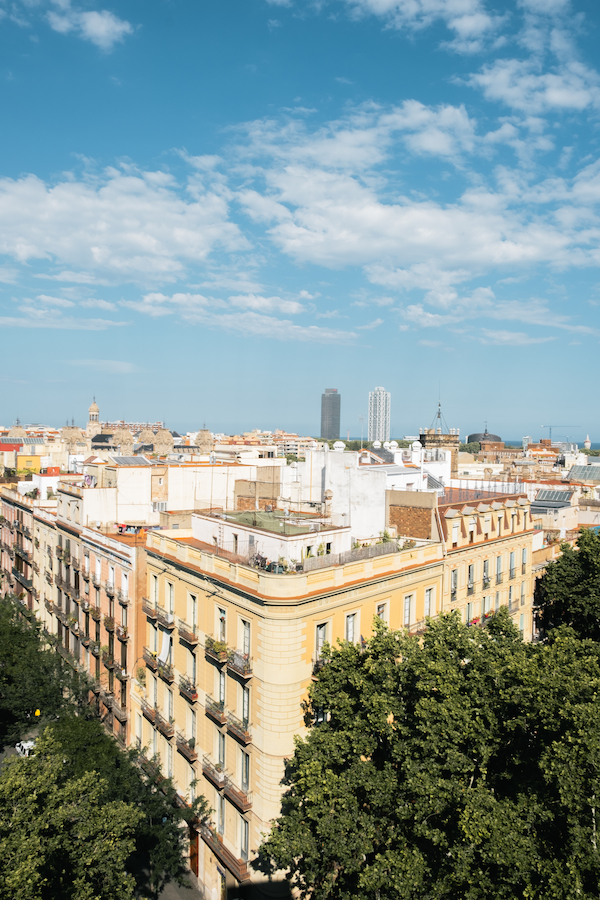About yök
Welcome to yök Casa + Cultura, a project of sustainable boutique apartments based on eco-design, sustainability and real culture of Barcelona. Located in the heart of Barcelona, in a 19th-century building, our project is more than just a place to stay, it’s a place to experience!
Etymology
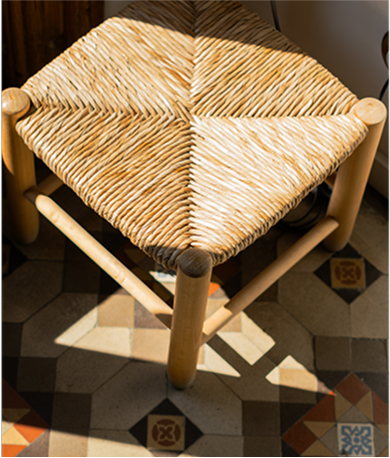
The name “yök” is a phonetic play on the Catalan word “lloc”, which means place. At the same time, it evokes the word “yolk”, symbolising the essence or heart of something. In Catalan, being “al rovell de l’ou”, literally “at the yolk of the egg”, means being in the place to be, where the energy lies, and also serves as a binder of ingredients. The logo is inspired by Dalí’s logo for the lollipop Chupa-chups.
While Casa will be your home during your stay in Barcelona and is located on the 3rd floor, Cultura is upstairs, on the rooftop office. It is a meeting point, a place where you can enjoy a beautiful view of Barcelona, get to know the local culture and neighborhoods, catch up, borrow a book from the library or just enjoy the moment.
yök Casa + Cultura is not a hotel, nor is it your typical apartment rental, it’s a space that seeks to avoid becoming another tourist bubble in a city deeply impacted by mass tourism. Instead, we strive to demonstrate that a different kind of tourism, one that benefits People, Planet, and Profit, is possible.
Let us know if you’ve come across any other meanings of “yök”, we love the playful diversity of language.
Since we created the brand yök, friends and guests have shared other fun wordplays:
- According to Urban Dictionary, a playful interpretation combining yeah + ok, a kind of tongue-in-cheek approval.
- In Turkish, it means there isn’t / there aren’t, and also stands for the Council of Higher Education (Yükseköğretim Kurulu), the body that oversees universities.
- In Finnish, it’s an exclamation used to express disgust, similar to saying “yuck!”.
- In Menorca, lloc refers to traditional rural farmhouses.
- In the film Borat, “yok sh’mosh” is a phonetic phrase that sounds like “how are you” in an eastern Slovak dialect, likely blending Slovak and Polish.
